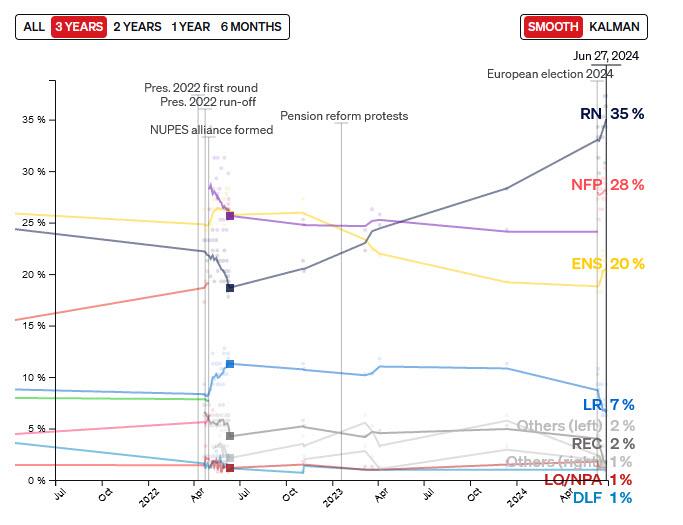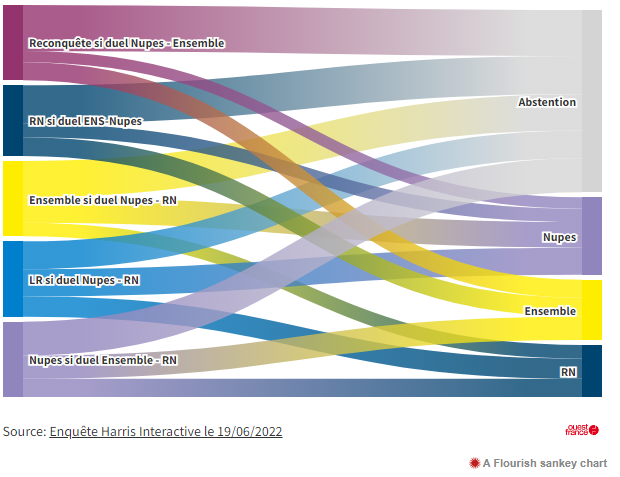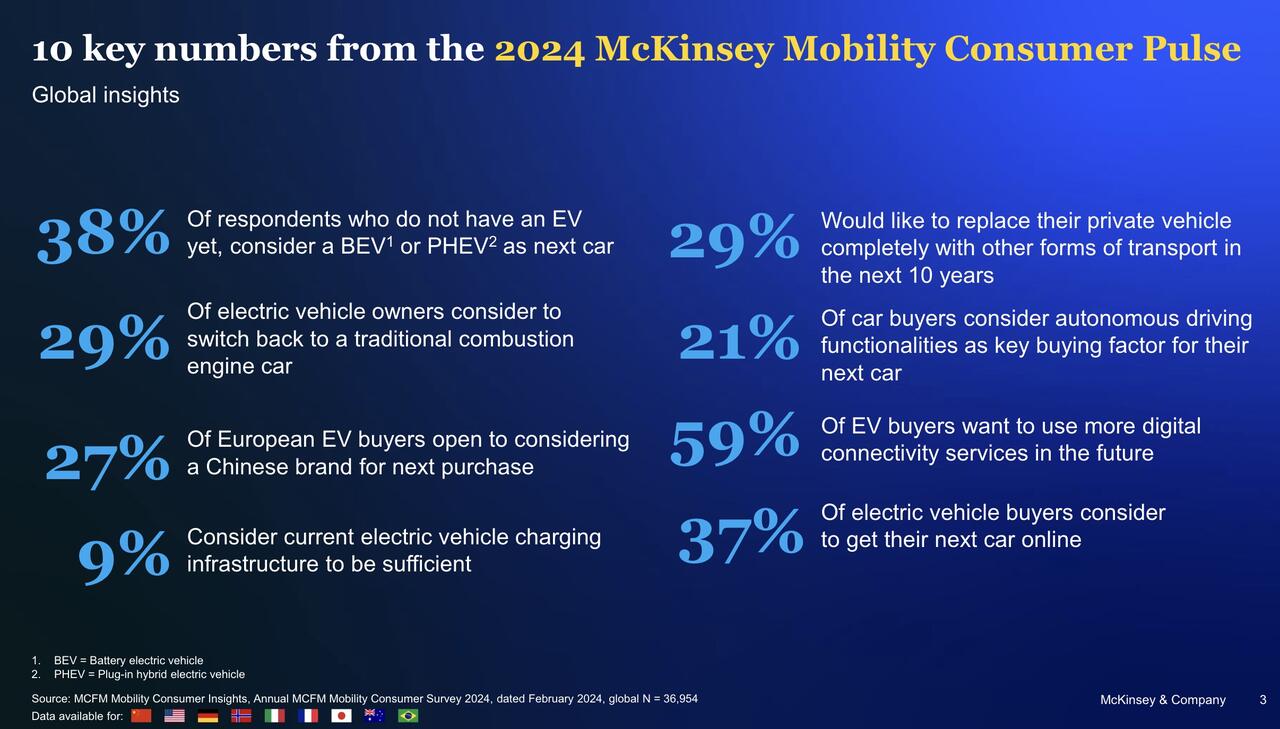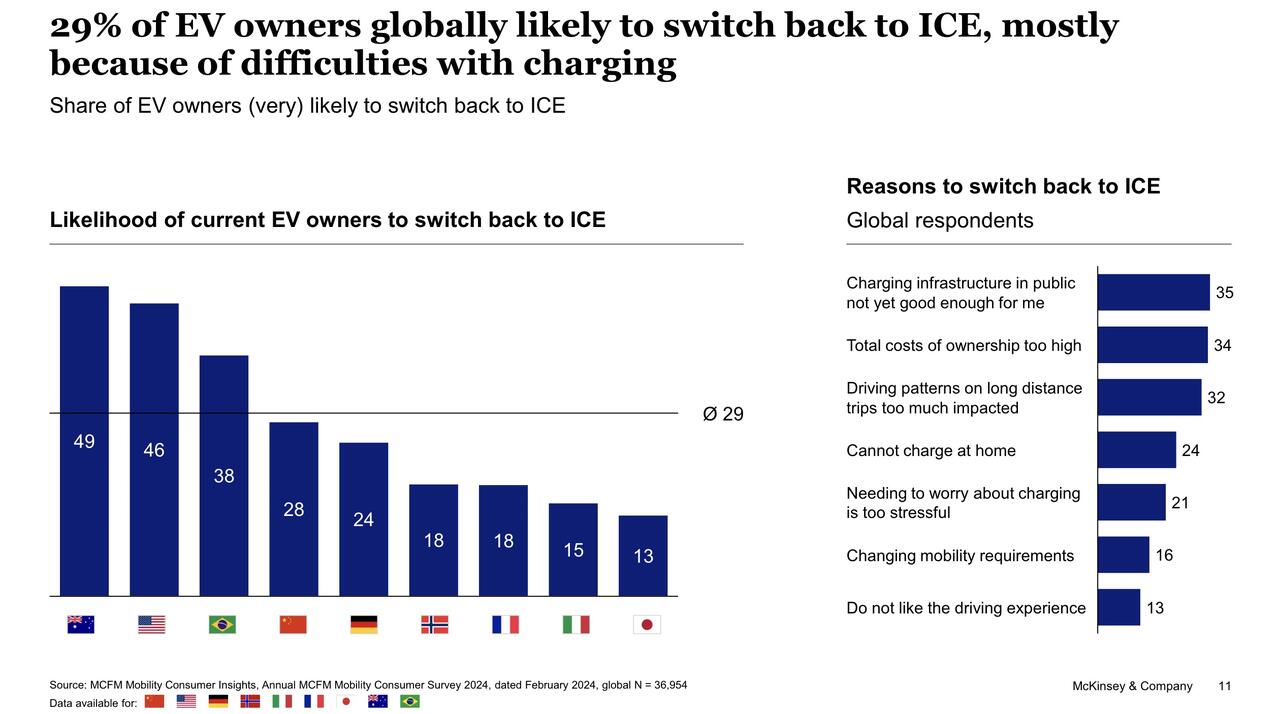Voters across mainland France have begun casting ballots Sunday in the first round of exceptional parliamentary elections that could put France’s government in the hands of nationalist parties.
As reported previously, the outcome of the two-round elections, which will wrap up on July 7, could impact European financial markets, Western support for Ukraine, and how France’s nuclear arsenal and global military force are managed.
As Epoch Times notes, many French voters are frustrated about inflation and economic concerns, as well as President Emmanuel Macron’s leadership, which they see as arrogant and out-of-touch with their lives. Marine Le Pen’s nationalist National Rally party has dominated all pre-election opinion polls.
A new coalition on the left, the New Popular Front, is also posing a challenge to Mr. Macron and his centrist alliance Together for the Republic.
There are 49.5 million registered voters who will choose 577 members of the National Assembly, France’s influential lower house of parliament, during the two-round voting.
Polls opened at 0600 GMT and will close at 1600 GMT in small towns and cities, with an 1800 GMT finish in the bigger cities, when the first exit polls for the night and seat projections for the decisive second round a week later are expected.
The participation is already running high, underlining how France's rumbling political crisis has energized the electorate. By midday, turnout was at 25.9%, compared with 18.43% two years ago - the highest comparable turnout figures since the 1981 legislative vote, Ipsos France's research director Mathieu Gallard said.
Macron voted at a polling station in Le Touquet, a small seaside town in northern France, along with his wife, Brigitte Macron. Earlier, Ms. Le Pen cast her ballot in her party’s stronghold in northern France.
The vote takes place during the traditional first week of summer vacation in France, and absentee ballot requests were at least five times higher than in the 2022 elections.
After a blitz campaign, voting began early in France’s overseas territories, and polling stations opened in mainland France at 8 a.m. (0600 GMT) Sunday. The first polling projections are expected at 8 p.m. (1800 GMT), when the final polling stations close, and early official results are expected later Sunday night.
Voters who turned out in person at a Paris polling station said issues from immigration to inflation and the rising cost of living were on their minds.
“People don’t like what has been happening,” said Cynthia Justine, a 44-year-old voter. “People feel they’ve lost a lot in recent years. People are angry. I am angry.”
Mr. Macron called the early elections after his party was trounced in the European Parliament election earlier in June by the National Rally.
Pre-election polls suggested that the National Rally party is gaining support and has a chance at winning a parliamentary majority. In that scenario, Mr. Macron would be expected to name 28-year-old National Rally President Jordan Bardella as prime minister in a power-sharing system known as “cohabitation.”
While Macron has said he won’t step down before his presidential term expires in 2027, cohabitation would weaken him at home and on the world stage.
The results of the first round will give a picture of overall voter sentiment, but not necessarily of the overall makeup of the next National Assembly. Predictions are extremely difficult because of the complicated voting system, and because parties will work between the two rounds to make alliances in some constituencies or pull out of others.
The party has also questioned the right to citizenship for people born in France and wants to curtail the rights of French citizens with dual nationality.
In the restive French Pacific territory of New Caledonia, polls closed at 5 p.m. local time due to an 8 p.m.-to-6 a.m. curfew that authorities on the archipelago have extended until July 8.
Violence there flared on May 13, leaving nine people dead after two weeks of unrest, due to attempts by Mr. Macron’s government to amend the French Constitution and change voting lists in New Caledonia, which the Indigenous Kanaks feared would further marginalize them. They have long sought to break free from France, which first took the Pacific territory in 1853.
Voters in France’s other overseas territories from Saint-Pierre-et-Miquelon, Saint-Barthélemy, Saint-Martin, Guadeloupe, Martinique, Guyana, French Polynesia, and those voting in offices opened by embassies and consular posts across the Americas cast their ballots on Saturday.
* * *
In his preview of what to expected, Goldman trader Alex Stott writes that voting booths in large cities will close at 8pm and results will trickle in during the evening. Some candidates may already secure their seat after the first round if they win more than 50% of expressed votes which total at least 25% of registered voters. We only saw 5 of such cases in 2022, out of 577 seats. In the vast majority of cases, two or more candidates will advance to the second round on July 7. The rule is that the two candidates with the most votes and any candidate totalling at least 12.5% of registered voters qualify to the second round.
Polls point to a significant increase in turnout (from 46% in 2022 to around 65%) which would place the threshold for qualifying at 19% of expressed votes.
All three main political groups currently poll at-or-above this threshold—the RN at 36%, the NFP (left coalition) at 28%, and Ensemble (Macron allies) at 20%—which will likely give rise to many more three-way races.

Pollster Odoxa is predicting 120 to 170 three-way races, compared to 8 in 2022.
Aside of the results, the focus will be on voting instructions from political leaders and unsuccessful candidates. Most parties will likely support each other in a matchup with the RN, except between LFI and Ensemble/LR which will likely adopt a neutral stance. It is also likely that this support pattern extends to candidates dropping out in three-way races. This will make the RN-Ensemble/LR-LFI set-up particularly salient and difficult to read.

The deadline for dropping out is Monday, 1st July at 6pm Paris time. A simple benchmark for performance is the first round vote share, which polls tend to accurately predict.
It is likely that Ensemble would need to finish first or second in at least 80-100 constituencies to retain a chance of meeting current seat projections of 70-120.
Barring a large surprise, calling an absolute majority for the RN is likely to remain difficult even with first round results and voting instructions in hand.
https://www.zerohedge.com/geopolitical/frances-high-stakes-election-begins



